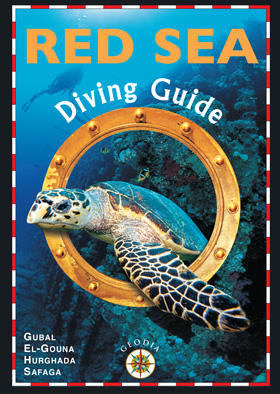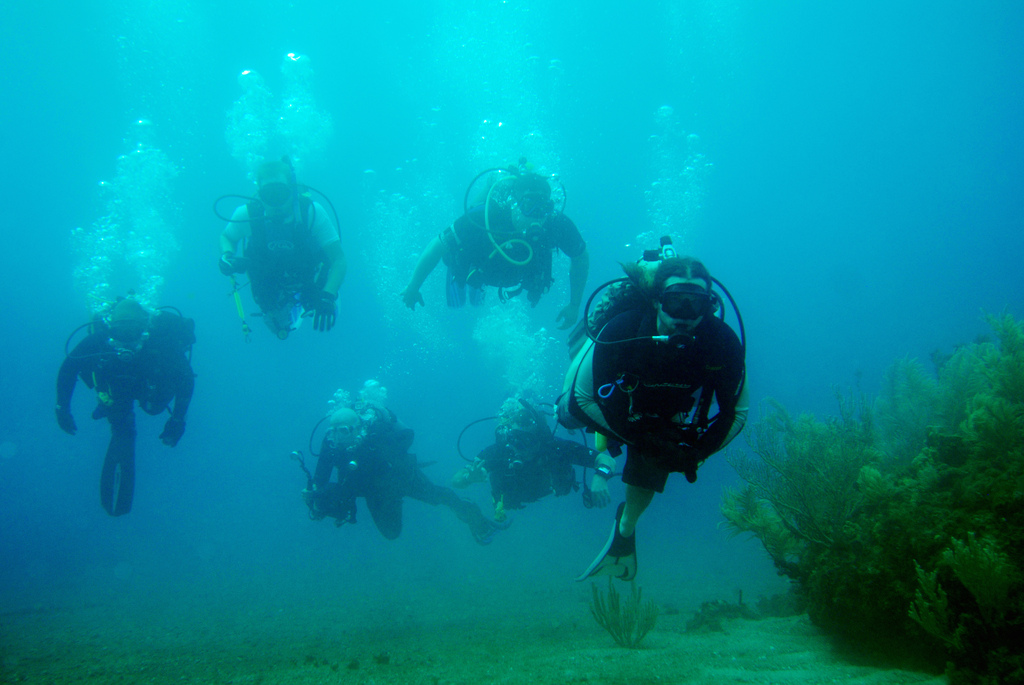Taking good care of your kit does more than makes it last and look nice. Dirty or damaged kit can lead to technical faults that could put your gear out of action altogether or, worse still, be potentially hazardous when underwater. So, whether you’re spending two weeks on a Red Sea Liveaboard or are going for a dip in your local lake, cleaning and inspecting your kit for damage should be part of your daily dive routine.
Most new dive equipment will come with manufacturer’s care instructions, so make sure you read and follow these. As a general rule, every piece of equipment should be washed, rinsed and dried after each and every dive, but each component of your kit also requires specialist care:
All kit: Cold fresh water is fine, even better if it’s flowing, but if you have access to a hot tap, use it. For a real treat, fill a tub with warm water, submerge your kit for 5 minutes or so and then give a second rinse with clean water to get rid of ingrained salt and sand. Obviously, you may not have the luxury of a bathtub on a Red Sea Liveaboard, but make sure that your equipment receives warm (not hot) water treatment next time you’re back on dry land.
Neoprene: Anything neoprene can be soaped, but don’t overdo it; a small squeeze of baby shampoo on the smelly bits will do wonders for keeping your wetsuit pong free. Even after it’s dry, it’s best to hang a wetsuit up when you’re not using it. When packing a suitcase to take away on your Greek Island Odyssey or Red Sea Liveaboard adventure, always roll rather than fold your wetsuit to prevent creases and cracks appearing.
Regulators and hoses: Check that you have the dust cap on firmly before rinsing, and remember to handle this sensitive bit of kit with extra-special care. Pull back the hose protectors, rinse underneath and, if you use hose wraps, remember to slide them back and rinse here too or consider removing completely if there’s lots of grit. Never purge the reg when it’s not connected to a tank, as this will allow water to flow into areas of the hoses and first stage that are supposed to stay dry. Instead, wash the reg with clean water and then re-attach to the scuba tank to purge the second stages. If you do happen to press the purge button without the tank attached, deliberately or otherwise, it’s important to have your kit serviced before your next dive.
BCD: To avoid dirt, salt-water or mould accumulating inside your BCD, remember to rinse inside by filling with warm water and draining a couple of times. Even better, add a few drops of BCD wash solution or baby shampoo. After rinsing, inflate your BCD half-way and leave to dry, away from direct sunlight. BCDs should then be stored partially inflated.
Dive Knife: If you don’t treat your dive knife regularly, it will quickly rust. Apply silicone grease to all metal parts and remember to sharpen it when necessary.
Tanks: Even though they’re one of your sturdier bits of kit, dive tanks should be rinsed too, particularly around the valve knob, o-rings and orifice.
Zips: These have a nasty habit of jamming up with salt crystals or rust, if not cared for properly. Lubricate all zips with wax or silicone grease on a regular basis; as an added bonus, the wax also helps to create a better seal and will allow zips to run more easily. Don’t overdo it though – a build-up of wax can end up clogging your zips, so give them a good scrub with a toothbrush every so often to remove old and excess wax and grime.
Straps and snorkels: Like every piece of scuba gear, your mask straps, fin straps and snorkel should be regularly inspected for general wear and tear. Check for overstretching, holes, rips and anything else that may cause your equipment to fail underwater. If you’re a regular diver, with all your own kit, then carrying a few spares with you is always a good idea.
Tags: Red Sea Liveaboards, Red Sea Live Aboards, Maldives Liveaboards, Maldives Live Aboards, Red Sea Diving, Maldives Diving, Egypt Diving, Egypt Dive



